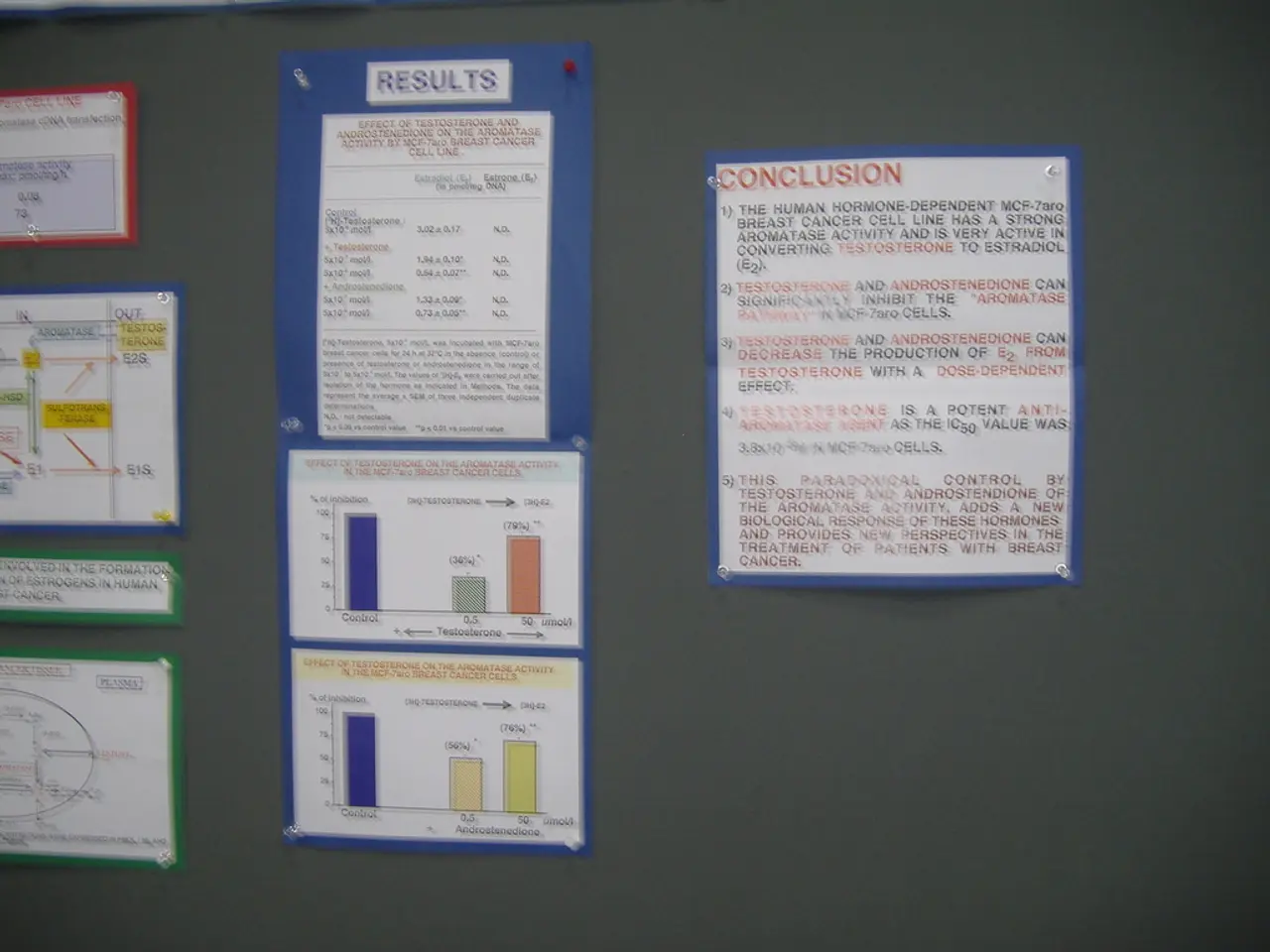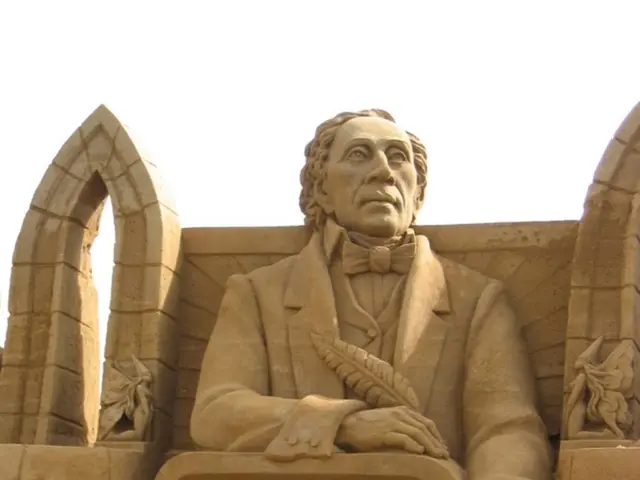Israeli finance minister issues warnings about potential annexation of West Bank territories
The international community is expressing widespread condemnation and calls for urgent action in response to Israeli Finance Minister Bezalel Smotrich's threat to annex the West Bank and plans for settlement construction in the E1 area.
Ghazi Hamad, a senior Hamas member, praised the expected recognition of a Palestinian state as "the fruits of October 7" in a TV interview last month. However, Smotrich's annexation rhetoric and the E1 settlement expansion are viewed as grave threats to the viability of a Palestinian state and the two-state solution by many.
The United Nations has strongly urged Israel to "immediately halt all settlement activity" in the West Bank, warning that the E1 settlement project poses an "existential threat to the two-State solution" by effectively eliminating prospects for a contiguous Palestinian state. UN spokesperson Stéphane Dujarric emphasized that settlements violate international law and entrench occupation.
The Palestinian Authority condemned the expansion plans as undermining the chance for a two-state solution, fragmenting Palestinian territory into isolated areas, and likening it to turning the West Bank into “real prisons” separated by Israeli checkpoints and settler violence.
The international and regional community, including European and U.S. governments, British bishops, Israeli NGOs like Ir Amim and Peace Now, and groups like Breaking the Silence, have also condemned the E1 project. These organizations see it as a strategic move to "bury the possibility of a Palestinian state" and impose an apartheid regime.
Israeli Prime Minister Benjamin Netanyahu had suspended annexation plans in the West Bank in 2020 in exchange for an approach with the United Arab Emirates. However, Smotrich has threatened to annex the West Bank if a Palestinian state is recognized next month, stating that if a Palestinian state is recognized in September, Israel will assert full sovereignty over all areas of Judea and Samaria (the West Bank).
Almost 150 of the 193 UN member states have already recognized a Palestinian state, and several countries, including France, Canada, and Australia, plan to recognize a Palestinian state next month. The recognition of a Palestinian state is aimed at advancing a two-state solution where Israel and an independent Palestinian state coexist peacefully.
Jordan and Egypt have warned that Israel's settlement policy hinders peace and stability in the region. The EU foreign policy chief Kaja Kallas stated that such unilateral decisions exacerbate the already tense situation on the ground and further undermine any possibility of peace. Under international pressure, Israel has repeatedly postponed the E1 construction plans in the past.
The E1 area is considered one of the most sensitive points in the conflict between Israel and the Palestinians. Peace Now, a peace organization, announced that the final approval of the controversial building plans is scheduled for next Wednesday. Smotrich announced plans to build around 3,400 housing units in the E1 area between East Jerusalem and the settlement of Maale Adumim.
The EU has urged Israel, in light of the building plans announced by Smotrich, to refrain from the decision and halt settlement construction in the West Bank. Israel has rejected recognition as a "reward for Hamas" following the massacre in Israel's border region on October 7, 2023. Sharp criticism also came from Arab countries, with Qatar criticizing Israel's occupation policy as aiming solely at the forced expulsion of the Palestinian population.
The situation has elicited calls for urgent, effective measures from the UN, civil society, the Palestinian Authority, and parts of the international community, while the U.S. maintains a more cautious public stance pending Gaza war developments.
Read also:
- United States faces rebuttal from South Africa over allegedly deceitful human rights report and assertions of land expropriation
- Accident at Rodalben Results in Injuries; Geoskop Area near Kusel Affected After Stormy Weather
- Russians-less Tibla lacks its potent kick
- Guarantee the autonomous status of Ecuador's Constitutional Court, urges United Nations' human rights envoy








